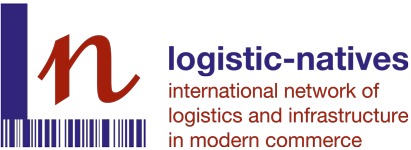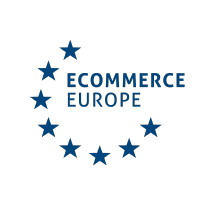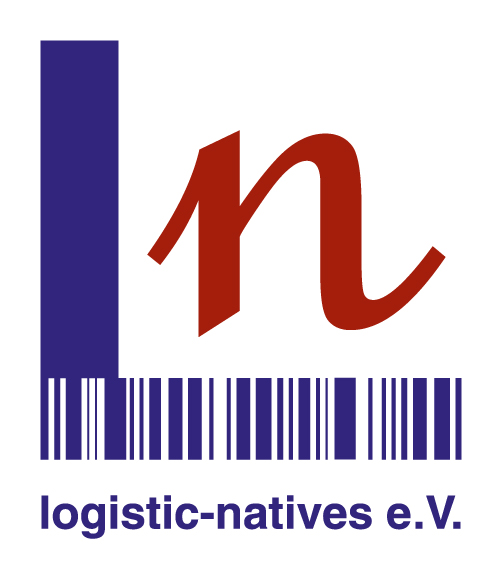
Ecommerce Europe fully appreciates the foresight and practicality embodied in the DAC9 proposal, aimed to help companies with their filing obligations under the Pillar 2 Directive. By allowing for centralised filing of top-up tax information returns, this directive demonstrates a keen understanding of the complexities faced by multinational enterprises. The streamlined process not only significantly reduces administrative burden but also aligns with our commitment to efficient, transparent financial reporting. We particularly value the standardisation of the reporting form, which will enhance consistency across our global operations. This initiative reflects a positive step towards harmonising international tax practices, which we believe will benefit both businesses and regulatory bodies. Overall, we view this directive as a welcome development that balances regulatory needs with business realities, fostering a more streamlined and equitable global tax environment.
However, we have observed significant timeline discrepancies that warrant attention and potential adjustment, and therefore we would like to offer the following comments:
- We have recently observed that Belgium’s proposed Qualified Domestic Minimum Top-up Tax (QDMTT) return due date is set at 11 months following the closure of the fiscal year, which would make the first filing deadline 30 November 2025 for the QDMTT return. This is considerably earlier than the 30 June 2026 due date for the Global Anti-Base Erosion (GloBE) Information Return, as stipulated in the December 2023 Administrative Guidance.
- To address this inconsistency, we suggest modifying the current DAC9 proposal in order to align the filing dates with the GloBE Information Return due date of 30 June 2026 for the first year, ensuring consistency with the December 2023 Administrative Guidance.
- Furthermore, we advocate for coordination amongst Member States for all Pillar Two returns, including QDMTT returns. This coordination should align with the GloBE Information Return due date of 30 June 2026 for the first year and establish a 15-month filing period after each subsequent year. Such coordinated filing dates are crucial to ensure that taxpayers can implement Pillar Two in a harmonised manner across jurisdictions.
- The importance of this coordination cannot be overstated. An earlier filing date in one jurisdiction will inevitably accelerate taxpayers‘ implementation of their global Pillar Two reporting and compliance framework. This acceleration could lead to significant challenges in data collection, validation, and reporting across multiple jurisdictions, potentially straining resources and systems for affected multinational enterprises (MNEs).
- Consistent timelines across jurisdictions are essential for optimal resource allocation and the implementation of complex Pillar Two reporting frameworks. Software and service providers would also benefit from coordinated timelines, as it would allow for more efficient development of compliance solutions and reduce the complexity of managing multiple jurisdiction-specific deadlines.
- While tax authorities might see potential benefits in earlier filing dates, such as faster access to information, it is crucial to balance these needs with the feasibility for taxpayers. A coordinated approach would provide sufficient time for businesses to implement the necessary systems and processes while ensuring that tax authorities receive timely and accurate information.
In light of these considerations, Ecommerce Europe would like to recommend that policymakers prioritise the alignment of DAC9 with GloBE Information Return timelines and encourage EU-wide coordination on Pillar Two filing dates. Businesses should engage with policymakers to communicate implementation challenges and begin preparations for Pillar Two compliance, considering potential timeline variations. Tax authorities should collaborate on establishing consistent filing deadlines across the EU and consider a phased implementation approach to allow for system adjustments.
Looking ahead, Ecommerce Europe suggests establishing a mechanism for regular review and adjustment of filing deadlines to ensure flexibility in adapting to emerging challenges in Pillar Two implementation. Additionally, exploring possibilities for further coordination beyond the EU to achieve global consistency should be considered, taking into account OECD guidance and international best practices in setting timelines.
About Ecommerce Europe
Ecommerce Europe is the united voice of the European Digital Commerce sector, representing the interests of companies selling goods and services online to consumers in Europe. Our mission is to act at EU level by engaging with policymakers to create a better regulatory framework for all e-merchants. Ecommerce Europe is a platform where our members can stay informed, exchange best practices, and define common positions on EU legislation impacting the sector.
Download the Feedback Paper here (PDF)

Florian Seikel
Managing Director
Tel. +49 162-2561001


